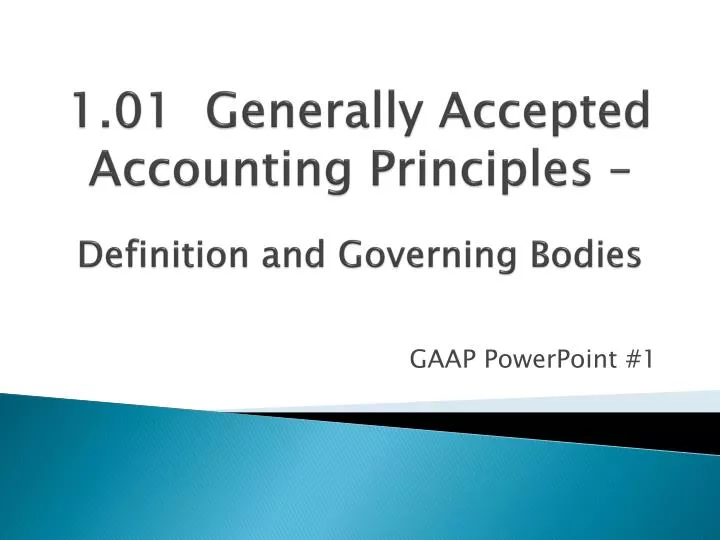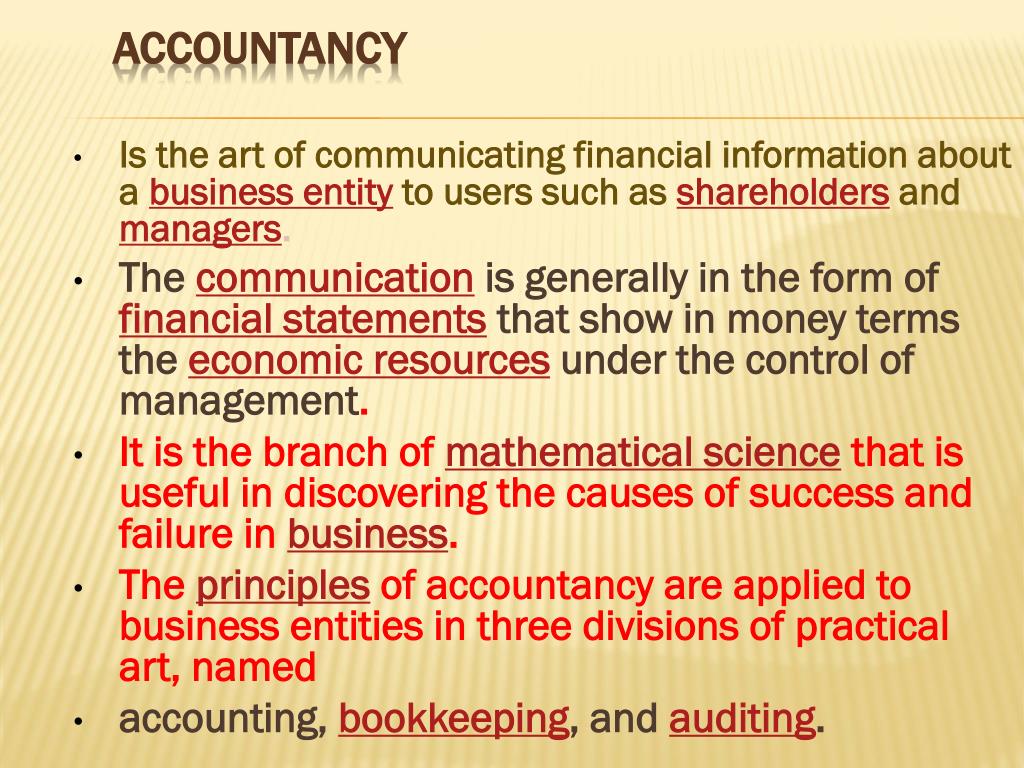

Accounting principles definition full#
Read more: 6 Constraints of Accounting Full Disclosure PrincipleĪccording to this principle, the financial statements should act as a means of conveying and not concealing. cost of goods sold and commission to salesmen are directly related to sales whereas rent, interest, depreciation accruing with the passage of time and stock lost by fire are not directly related to sales revenue yet, they are charged to the accounting period to which they relate. Matching does not mean that expenses must be identifiable with revenues.Įxpenses charged to a period may or may not be related to the revenue recognized in that period, e.g. This concept calls for an adjustment to be made in respect of prepaid expenses, outstanding expenses, accrued revenue, and unaccrued revenues. This concept is basically an accrual concept since it disregards the timing and the amount of actual cash inflow or cash outflow and concentrates on the occurrence (i.e. It is wrong to recognize revenue on all sales, but charge expenses only on such sales as are collected in cash till that period. Matching PrincipleĪccording to Matching Principle, the expenses incurred in an accounting period should be matched with the revenues recognized in that period, e.g., if revenue is recognized on all goods sold during a period, the cost of those goods sold should also be charged to that period.

The justification for the use of the cost concept lies in the fact that it is objectively verifiable. a favorable location, and increasing reputation of the concern will remain unrecorded though these are valuable assets. Historical Cost PrincipleĪccording to Historical Cost principle, an asset is ordinarily recorded in the accounting records at the price paid to acquire it at the time of its acquisition and the cost becomes the basis for the accounts during the period of acquisition and subsequent accounting periods.Īccordingly, if nothing is paid to acquire an asset the same will not be usually recorded as an asset, e.g. In an agency relationship, the revenue is the amount of commission and not the gross inflow of cash, receivables or other considerations. It excludes the amount collected on behalf of third parties such as certain taxes. Revenue is the gross inflow of cash, receivables or other considerations arising in the course of ordinary activities of an enterprise from the sale of goods, rendering of services and use of enterprise resources by others yielding interests, royalties, and dividends.

Revenue Recognition Principle is mainly concerned with the revenue being recognized in the income statement of an enterprise. These are explained below Revenue Recognition Principle


 0 kommentar(er)
0 kommentar(er)
